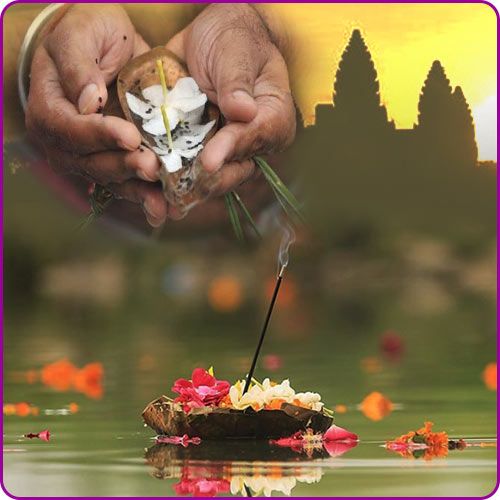
Shradh, or Pitru Paksha, is a deeply sacred period in Hinduism, marked by rituals aimed at honoring ancestors. Celebrated during the Hindu lunar month of Bhadrapada, Pitru Paksha carries profound spiritual importance, as it’s believed that during this time, the souls of departed ancestors visit the Earth to receive offerings and blessings from their descendants. Shradh 2024 holds even greater importance as people across India prepare to pay homage to their forefathers.
Pitru Paksha, also referred to as Mahalaya Paksha, is a 16-day period dedicated to the commemoration of deceased ancestors. This fortnight spans from the full moon day (Purnima) of the Hindu month of Bhadrapada to the new moon day (Amavasya), also known as Sarva Pitru Amavasya. During this period, Hindus perform Shradh ceremonies to offer food, water, and prayers for the peace of their ancestors’ souls.
This tradition is rooted in ancient scriptures such as the Puranas, which emphasize the importance of maintaining a spiritual connection with one’s lineage. According to Hindu belief, failing to perform these rituals could result in displeased ancestors (Pitru Dosh), which may bring misfortune to the family.
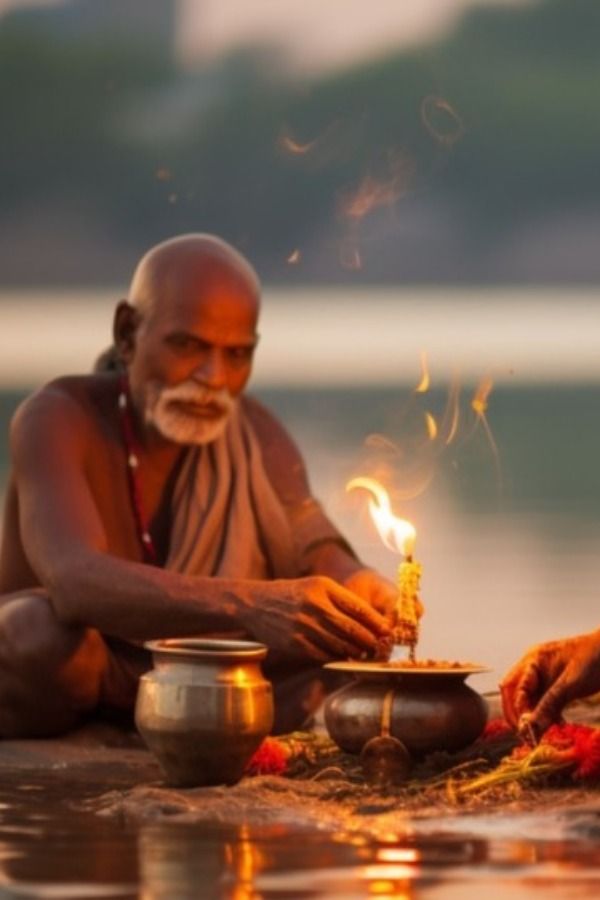
Shradh holds immense significance in Hindu dharma (duty), representing gratitude, respect, and love for one’s forefathers. The term “Shradh” itself is derived from the Sanskrit word “Shraddha,” meaning faith and reverence. It symbolizes the offering of food and prayers with complete faith to the departed souls, ensuring their peaceful journey in the afterlife.
Many believe that the performance of Shradh rituals during Pitru Paksha grants blessings from the ancestors, which bring prosperity, health, and happiness to the descendants. Furthermore, these rituals help in alleviating any potential karmic burdens carried by the ancestors, thus freeing their souls and aiding their liberation, or moksha.
In 2024, Pitru Paksha begins on September 17 and ends on October 2. Each day during this period is associated with a specific Tithi (lunar day) that corresponds to the death date of a particular family member or ancestor. The last day, known as Mahalaya Amavasya or Sarva Pitru Amavasya, is dedicated to all ancestors, regardless of their exact date of death.
Here’s an overview of the key dates for Pitru Paksha 2024:
Devotees can perform Shradh for their deceased family members on the respective Tithis, such as Dwitiya Shradh, Tritiya Shradh, and so on, leading up to the final Amavasya.
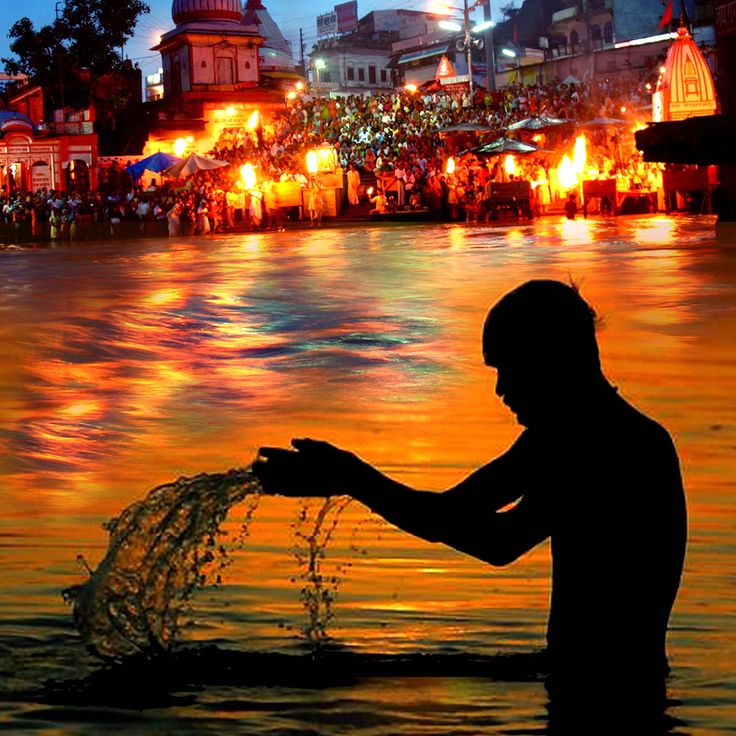
The Shradh rituals follow specific steps and guidelines, ensuring that the offerings reach the intended ancestors. These rituals are typically performed by the eldest male member of the family, though women can also conduct them if necessary.
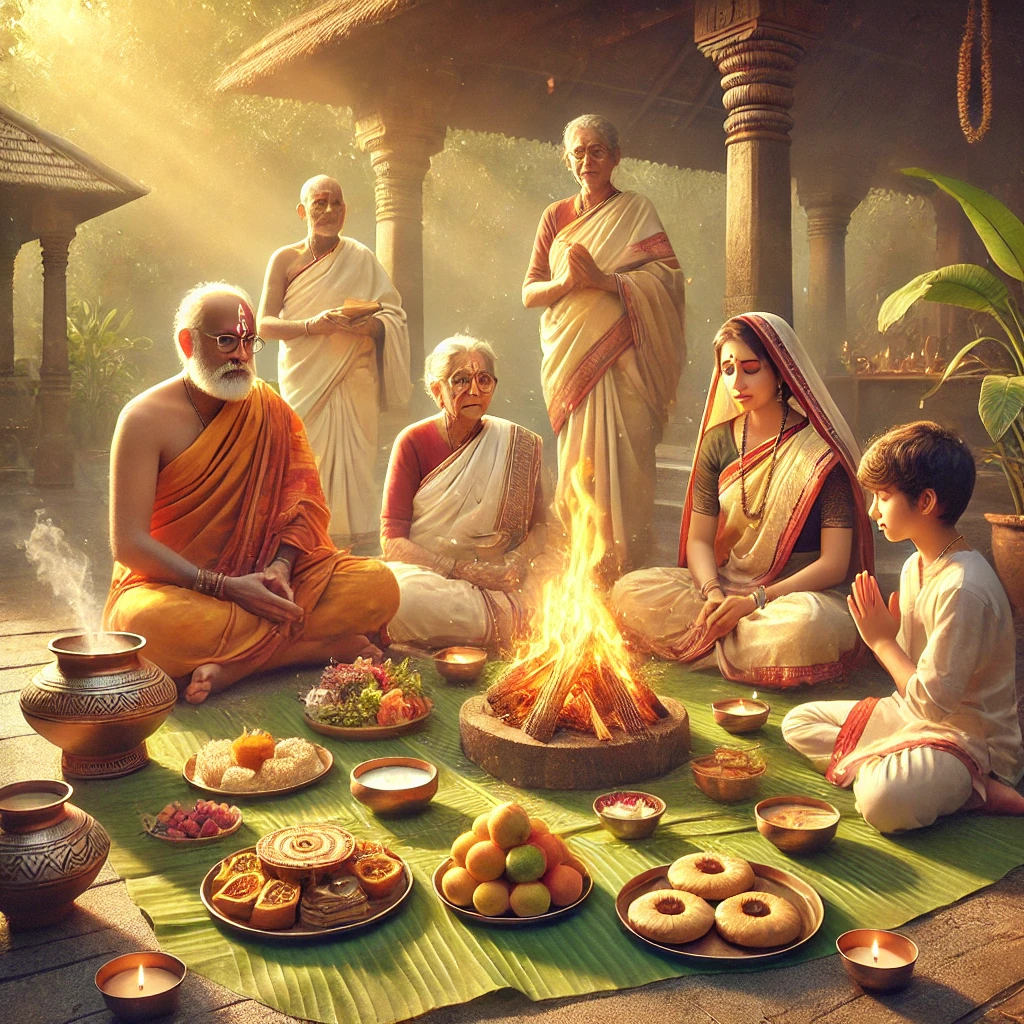
Pitru Paksha is a profound time to connect with your ancestors and seek their blessings. By observing the dos and avoiding the don’ts, you not only honor their memory but also ensure peace and prosperity in your life.
Each day of Pitru Paksha is designated for the performance of Shradh for ancestors who passed away on the corresponding Tithi. For example, the Chaturthi Shradh is for those who passed on Chaturthi Tithi (fourth lunar day), and similarly, Panchami Shradh is for those who passed on Panchami Tithi (fifth lunar day). Let’s explore the detailed rituals associated with specific Tithis:
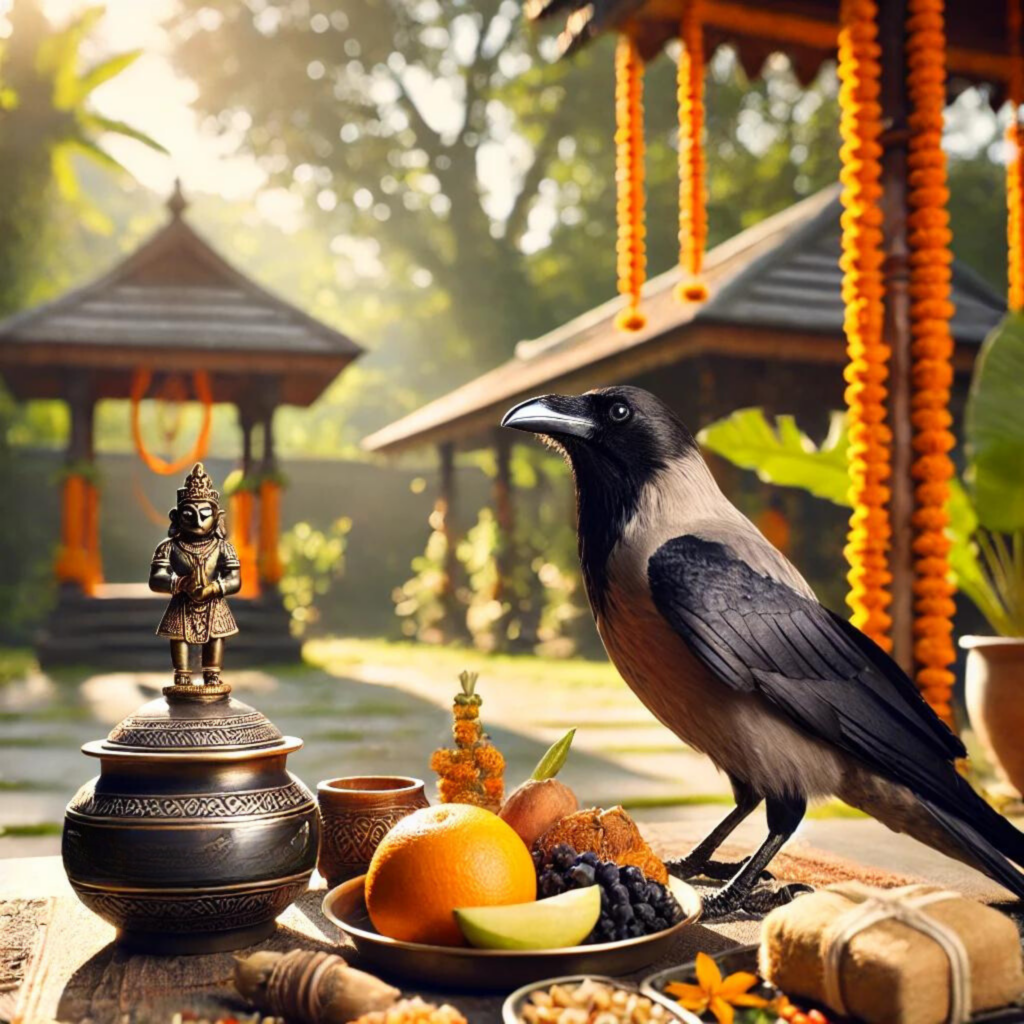
One of the most interesting aspects of Shradh is the involvement of crows. Crows are considered sacred in Hinduism and are believed to be the messengers of the ancestors. As part of the Shradh ceremony, families place food offerings outside for the crows to consume. It is believed that if a crow eats the food, the ancestors have accepted the offerings.
In case the crow does not eat the food, it is seen as a sign that the ancestors are dissatisfied, and the family may need to perform additional rituals to seek their forgiveness and blessings.
Throughout India, Pitru Paksha is observed with unique regional variations. However, the essence of honoring ancestors remains the same. In northern India, families often travel to holy cities like Haridwar or Gaya to perform Shradh rituals on the banks of sacred rivers. Meanwhile, in southern India, Pitru Paksha is known as Mahalaya Paksha and is observed with similar customs of offerings, Pind Daan, and Tarpan.
In states like Bengal, Mahalaya marks the beginning of the Durga Puja festival. On this day, people wake up early to listen to Mahishasuramardini, an ancient radio broadcast narrating the story of Goddess Durga’s victory over the buffalo demon, Mahishasura. Though the emphasis shifts towards the celebration of the Goddess, ancestral homage remains a key part of the day.
Pitru Dosh is a karmic debt that affects individuals when their ancestors are displeased due to improper or neglected Shradh rituals. This negative energy can manifest as obstacles in life, poor health, financial difficulties, and relationship problems. According to Hindu astrology, Pitru Dosh is reflected in one’s birth chart (Janam Kundali) and can only be alleviated by performing Shradh during Pitru Paksha.
Those who are experiencing the effects of Pitru Dosh are encouraged to perform rituals at holy sites like Gaya, Prayagraj, or Haridwar, where the offerings are believed to have a greater impact. Conducting the necessary rites with devotion and faith during Shradh 2024 can help nullify Pitru Dosh and bring peace to both the ancestors and their living descendants.
Charity is an integral part of the Shradh rituals. Offering food and donations to the poor during Pitru Paksha is seen as a selfless act of kindness that brings great spiritual merit. It is believed that by helping the needy, one earns the blessings of both their ancestors and the divine, leading to spiritual growth and personal prosperity.
Many Hindus distribute food, clothes, and other essentials to the poor during this time, considering it a moral duty to provide for those less fortunate. Some families also visit orphanages, old age homes, or temples to perform charity work in memory of their ancestors.
Pitru Paksha is deeply connected to astrology, particularly the influence of planetary alignments on ancestral energy. According to Vedic astrology, certain planetary positions, such as the Sun’s transit through the Virgo sign (Kanya Rashi), are believed to facilitate communication between the living and the dead. The Sun represents the soul, and its movement through Virgo during this period is said to open the channels for the ancestors’ spirits to interact with their descendants.
For those seeking astrological remedies to alleviate Pitru Dosh or enhance the effectiveness of Shradh rituals, consulting a knowledgeable astrologer is recommended. Remedies may include wearing specific gemstones, performing homas (fire sacrifices), or observing fasts during the Shradh period.
Pitru Paksha, or Shradh, is more than just a set of rituals. It’s a heartfelt way of honoring the ones who came before us, those whose sacrifices and love shaped the very foundation of our lives. Shradh 2024 is a time to pause, reflect, and connect with our ancestors in a deeply personal way. Through these rituals, we’re not only offering food and prayers, but also showing gratitude for their presence in our lives, even if it’s no longer physical. It’s a time to acknowledge that our ancestors still watch over us, guiding and protecting us in ways we might not always see or understand.
The significance of Pitru Paksha lies in its simplicity by performing these ancient customs, we’re sending love, respect, and peace to our ancestors. And in return, we seek their blessings, hoping to remove any unseen obstacles from our lives, ensuring prosperity, happiness, and peace for ourselves and our families. It’s a beautiful reminder that we’re never really alone; the strength of our lineage stands with us, silently supporting us through life’s ups and downs.
For many, Shradh is a time of healing, a way to mend the bonds that may have been strained by time, misunderstandings, or even loss. It’s a deeply emotional period, where every ritual whether it’s offering Pind Daan or feeding the needy feels like a personal conversation with those who are no longer here but remain forever in our hearts. Participating in Pitru Paksha isn’t just about following tradition; it’s about reconnecting with our roots, understanding where we come from, and feeling the warmth of our ancestors’ blessings surround us.
In today’s fast-paced world, it’s easy to lose sight of these age-old practices, but Shradh reminds us of something timeless – the power of family, not just in the here and now, but across generations. By taking part in these rituals, we’re keeping alive the legacy of our forefathers, passing down important values of respect, duty, and love to the next generation. Shradh 2024 gives us a chance to slow down and appreciate the unseen yet powerful influence of our ancestors.
Ultimately, Pitru Paksha is about love – pure, unconditional love that transcends time. When we perform these rituals, we’re not just looking back; we’re strengthening the invisible bond that ties our past, present, and future together. Shradh 2024 is a chance to honor the past while blessing the future, creating harmony between the spiritual and physical worlds, and ensuring that the wisdom of our ancestors continues to guide us every step of the way.
Pitru Paksha is a 16-day period where Hindus honor their ancestors through rituals like Shradh, which ensure peace for their souls and bestow blessings on the living descendants.
Key rituals include Pind Daan (offering rice balls), Tarpan (offering water), feeding Brahmins and crows, and performing charity for the poor.
Failure to perform Shradh rituals may result in Pitru Dosh, leading to obstacles in life, health issues, and financial problems.
Pitru Paksha 2024 starts on September 17 and ends on October 2, with the final day, Sarva Pitru Amavasya, dedicated to all ancestors.
Crows are considered messengers of the ancestors in Hinduism. Offering food to crows during Shradh symbolizes that the offerings have been accepted by the departed souls.
If you liked this article or, then do write us in the comment section below.
Author – Amit Pradhan
For Astrology, Numerology, and Reiki Services – Contact us at 9324801420 or drop your queries at [email protected]
For more information Subscribe to our website to know more about such facts.
For an enquiry, write to us at [email protected]
👉If you liked this article or, then do write us in the comment section below.
For Astrology, Numerology, and Reiki Services
We also deal in original quality and certified Rudraksha, Crystals and Gems.
👉Shop Now Original Rudraksha & Crystals
For more daily updates do like and Follow Us on our Social Channels and keep visiting www.jaymahakaal.com